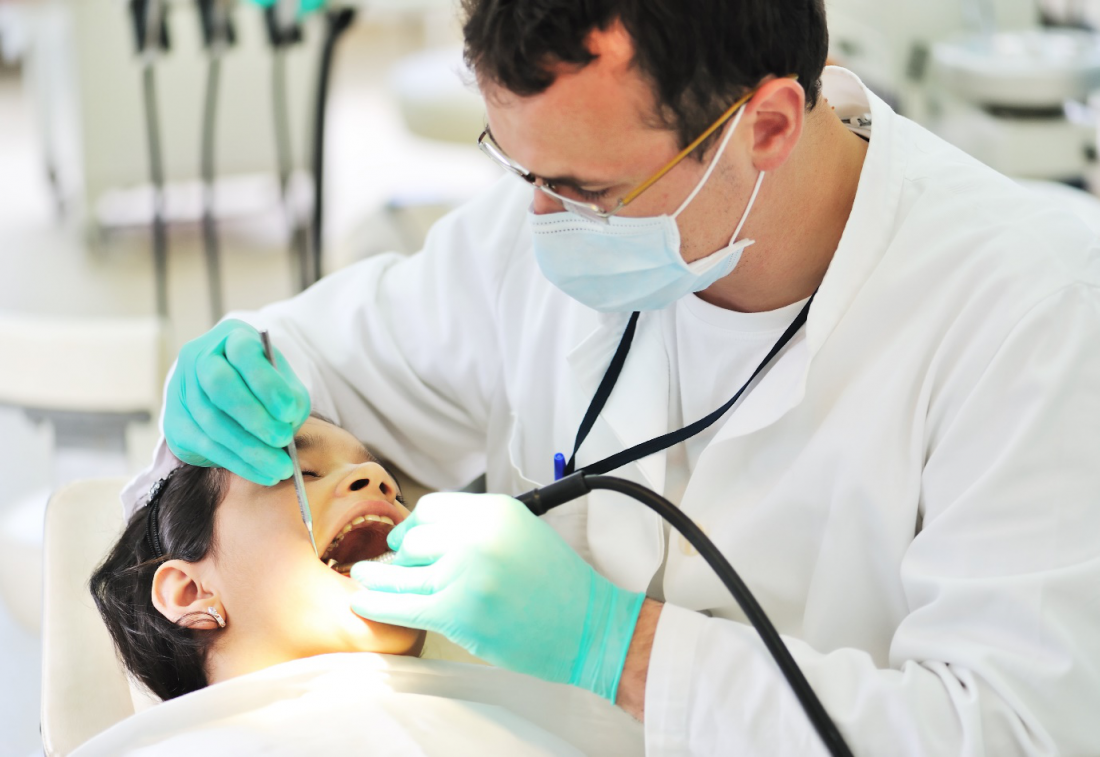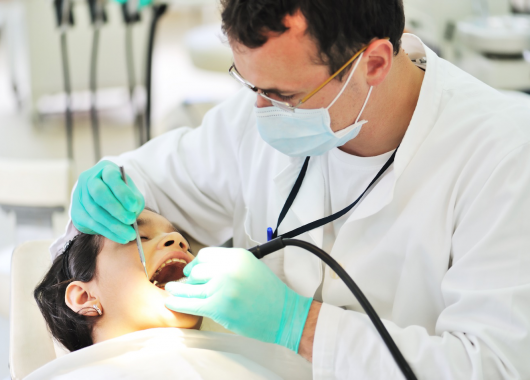What Is Pericoronitis?
Pericoronitis is the inflammation of the tissue around the third molar, which is also known as the wisdom tooth. The condition is normally associated with molars that are partially impacted, while it is more likely with a lower than upper molar. In most cases, the condition is caused by wisdom teeth having impact issues. Here is all you need to know about this dental condition.
Types Of Pericoronitis
There are two types of pericoronitis: chronic pericoronitis, which is a mild inflammation that might not be painful, and acute pericoronitis, which intense symptoms such as fever, swelling and a lot of pain. If you are experiencing pain around your wisdom tooth, the best dentist on the Gold Coast or in your local area can examine you to see what is happening and recommend the correct treatment.
Possible Symptoms Of Pericoronitis
Signs of pericoronitis vary and could include the following:
- Pain in certain areas of the mouth, such as at the back of the throat, the ear or the floor of the mouth and the TMJ area.
- Gum swelling due to fluid build-up.
- A bad taste, due to the pus that emanates from the infection, which would also be painful to the touch.
- Swollen lymph nodes in the neck.
- Difficulty in opening the mouth or swallowing.
Treatments For Pericoronitis
The treatments include the following:
- Wisdom Tooth Extraction– If the wisdom tooth is partially impacted, then extraction would likely be the best solution, which is something to discuss with your dentist.
- Surgery– In some cases, the flap of skin can be surgically removed. However, it is possible that the problem persists if this is done. Your dentist should examine you and then he or she can recommend the best form of treatment.
- Pain Management– In most cases, the dentist would recommend over-the-counter pain medication, as pericoronitis can be very painful and you should consult your dentist if you are in pain.
In the event you experience swelling of the lymph nodes in the neck, this is a sign that emergency treatment is required and you should not hesitate to make an emergency appointment with a dentist.
Wisdom Teeth
The wisdom teeth usually erupt between 17-25 years of age and many people prefer to have them removed, as we no longer need to grind down our food as we once did. Of course, you might be lucky and have no issues with your wisdom teeth, but should there be issues, it might be best to have your wisdom teeth extracted by the dentist.
Many people suffer from partially impacted wisdom teeth and if not addressed, it will become more painful and infection could set in. For some further reading on pericoronitis, a quick search online should lead you to related articles. You will also find websites that offer home remedies.
We should not forget the importance of regular dental check-ups, which enable the dentist to examine your teeth and gums, checking that all is well. If you see your dentist twice a year, this will ensure that any issues are quickly dealt with, maintaining good oral health.

